Invited guests
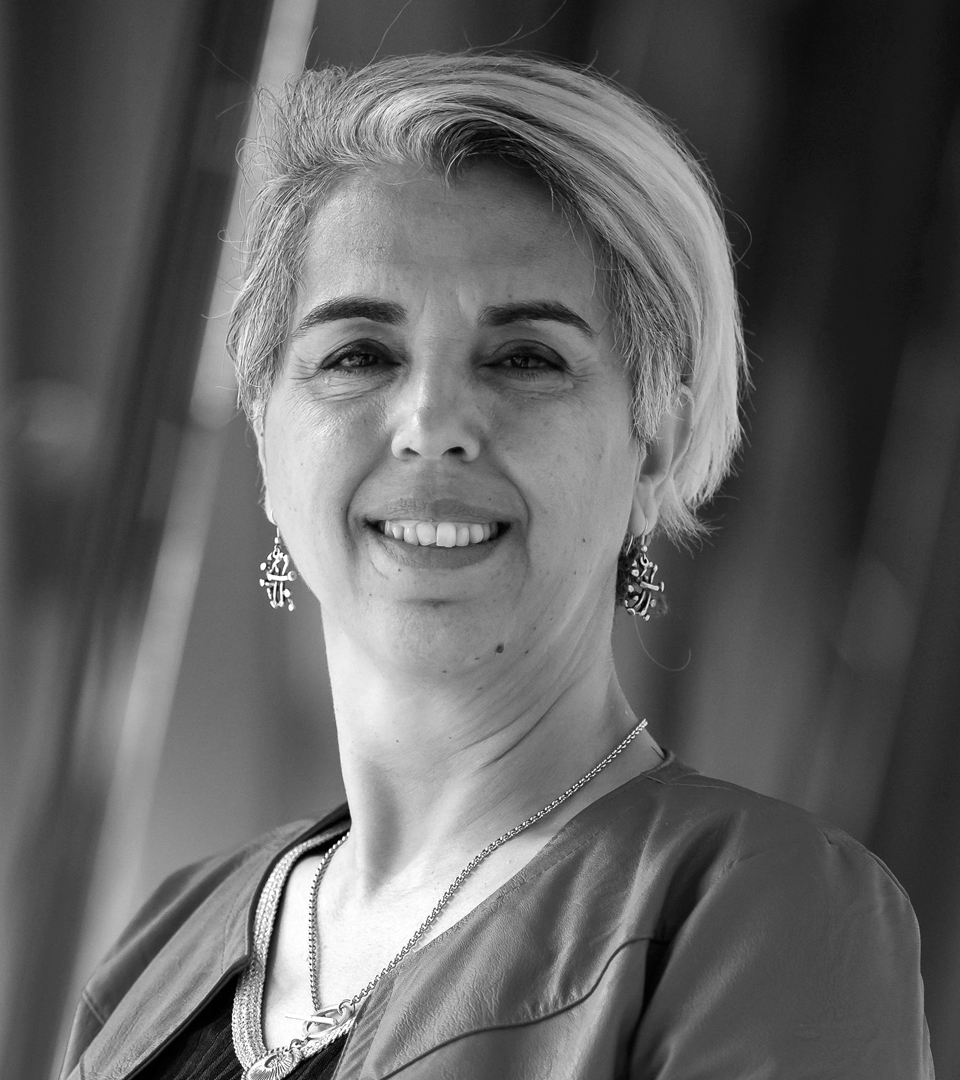
Nurhan Abujidi is a graduate of the faculty of Architectural engineering at Bir Zeit University in Palestine 1996. She worked as the chief architect for the Palestinian Department of Antiquities and Cultural Heritage from 1996 to 2000. She received two post graduate master's degrees from the Catholic University of Leuven, Belgium (one in the conservation of historic towns and buildings, and the other in the architecture of human settlement). In 2007 she received her PhD from the Engineering faculty/ department of architecture, regional and urban planning at KULeuven. She taught (in graduate programs and international postgraduate Master programs) in several universities and with different research groups such as at COSMOPOLIS; City, Culture and Society at the Vrije Universiteit Brussel. She was the academic coordinator of the Erasmus Mundus UII urban studies module at the VUB Brussels. Worked as a senior researcher at Zaragoza University on the concept of sustainable development guiding several Ph.D research projects.
She was urban design professor and acted as the vice dean of the faculty of architecture at San Jorge University on research and internationalization. Currently, she is head of the Smart Urban Redesign research centre - Zuyd University of Applied Science in the Netherlands. The centre contributes to energy-positive, circular, vital and inclusive neighborhoods in Limburg leading the development and urban transformations in 5 urban living labs and cities in the region. The centre collaborates with diverse stakeholders within the quintuple helix setup: public institutes, civil society organizations as well as the complete knowledge cycle from universities, universities of applied sciences, and vocational education from the Limburg region, the Netherlands, and international partners.
The complexity of the urban context and its challenges requires an integral approach to achieve justice on diverse fronts. Community engagement is at the heart of any urban transformation.
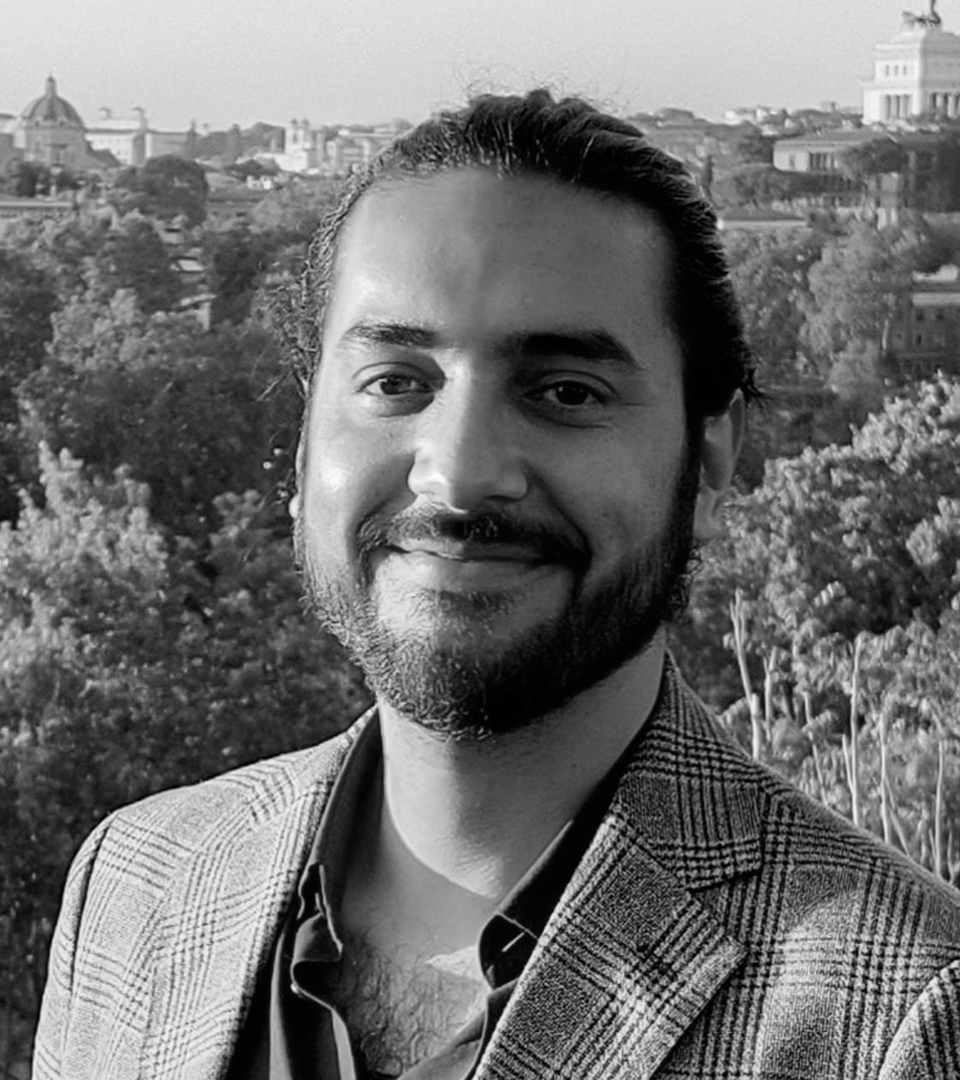
Felipe Bucci Ancapi is a PhD candidate and policy analyst in the field of urban governance. His research focuses on policy formulation and coherence for circular cities and the built environment. Currently, Felipe works as a consultant for the OECD in the field of governance for in European circular cities and regions. Felipe holds a MSc in Urban Environmental Management from Wageningen University and Research and a BA in Political Science and Public Administration.
As currently formulated in policy documents, the circular economy is only the latest optimisation of the so-called linear economy.
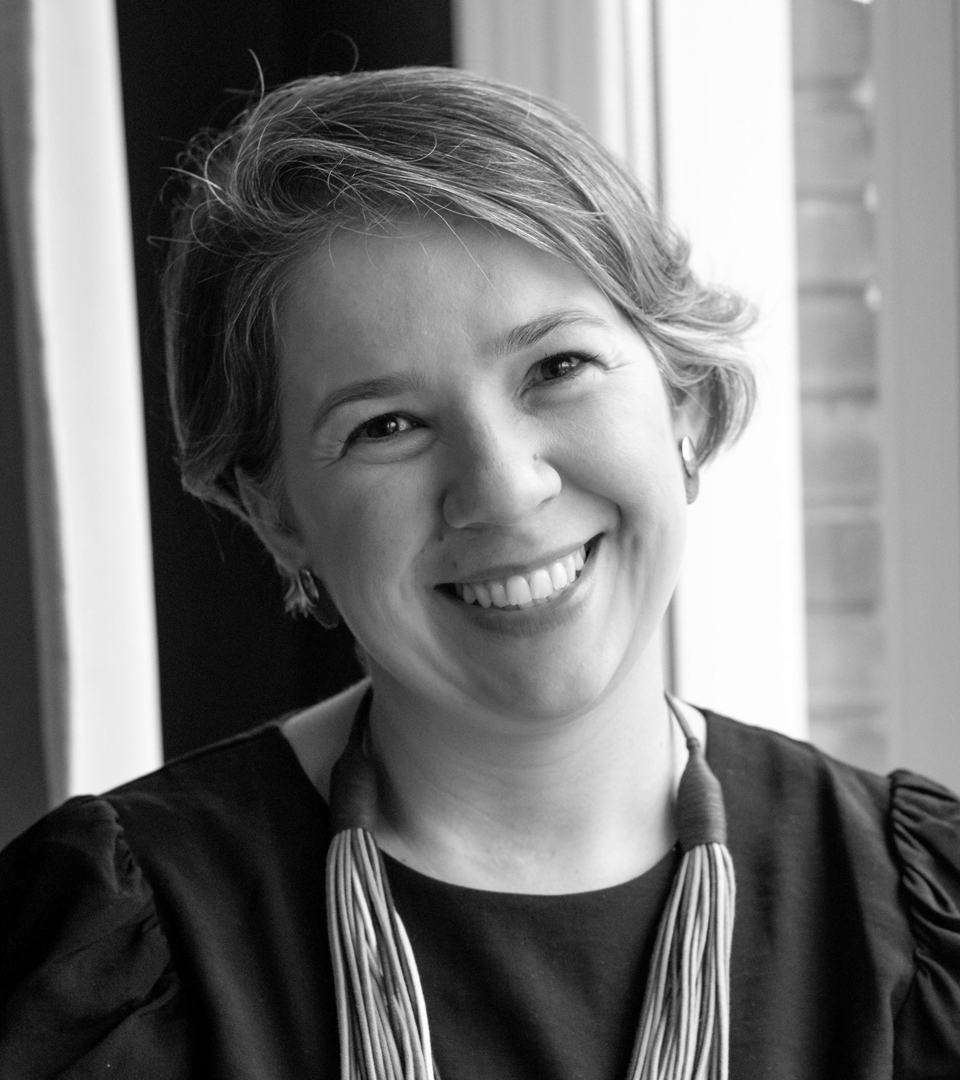
Mariana Faver graduated in 2005 as an architect and urbanist from the Federal University of Rio de Janeiro. She worked for two years as head of the public construction and urbanism department of the municipality of Miracema-RJ in Brazil. In 2007 she started the European Postgraduate Masters in Urbanism at the TU Delft, including one semester at the UPC Barcelona. After finishing the course, she worked at the Deltametropolis Association for eight years. Mariana works since 2019 as a spatial explorer at the Province of South-Holland focusing on the development of spatial policies and strategies.
The transition to a circular society requires spaces with specific conditions where NIMBY’S become YIMBY’S.
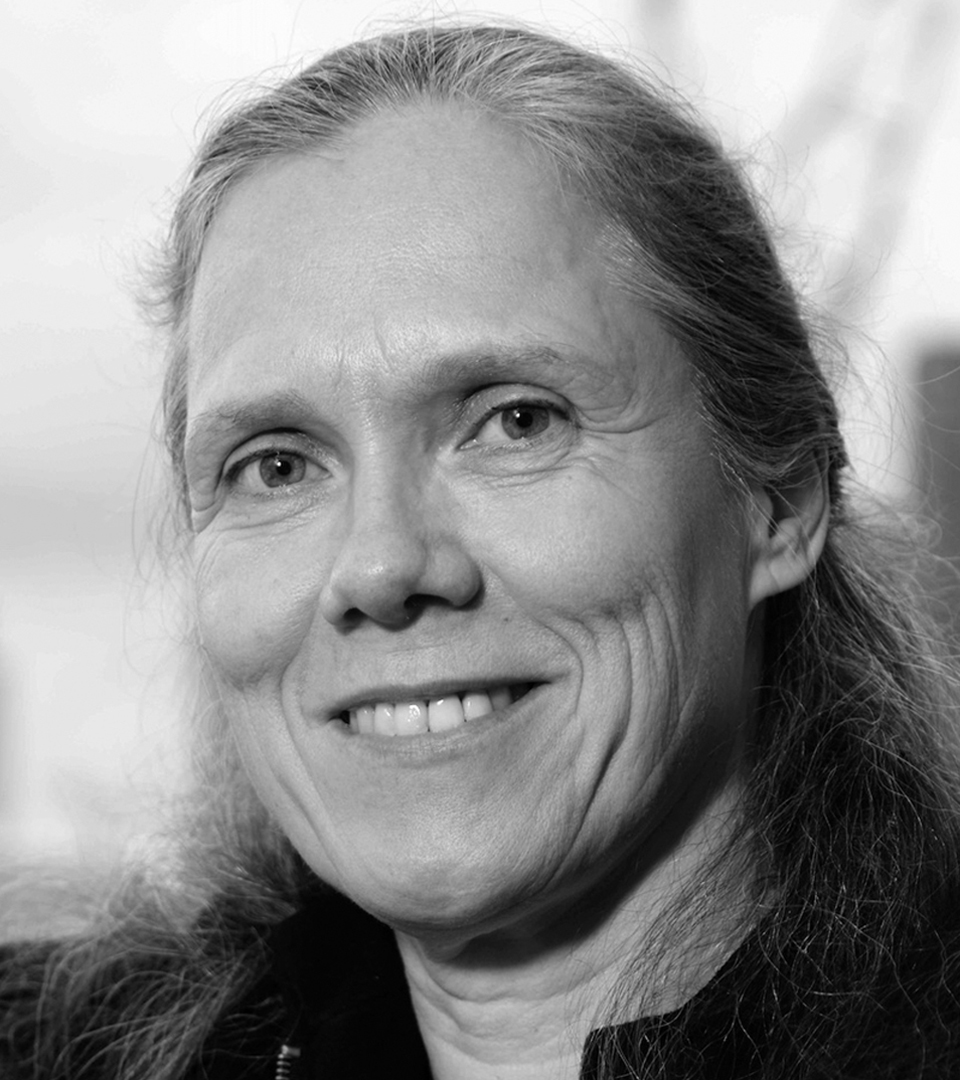
Carola Hein is Professor History of Architecture and Urban Planning at Delft University of Technology, Professor at Leiden and Erasmus University and UNESCO Chair Water, Ports and Historic Cities. She has published widely in the field of architectural, urban and planning history and has tied historical analysis to contemporary development. Among other major grants, she received a Guggenheim and an Alexander von Humboldt fellowship. She leads the LDE PortCityFutures Centre focusing on space, society and culture, particularly through the lens of port city territories. She serves as IPHS President, as IPHS Editor for Planning Perspectives, as editor of the European Journal of Creative Practices in Cities and Landscapes and Asia book review editor for Journal of Urban History. Her recent books include: Oil Spaces (2021), Urbanisation of the Sea (2020), Adaptive Strategies for Water Heritage (2020), The Routledge Planning History Handbook (2018), Port Cities: Dynamic Landscapes and Global Networks (2011).
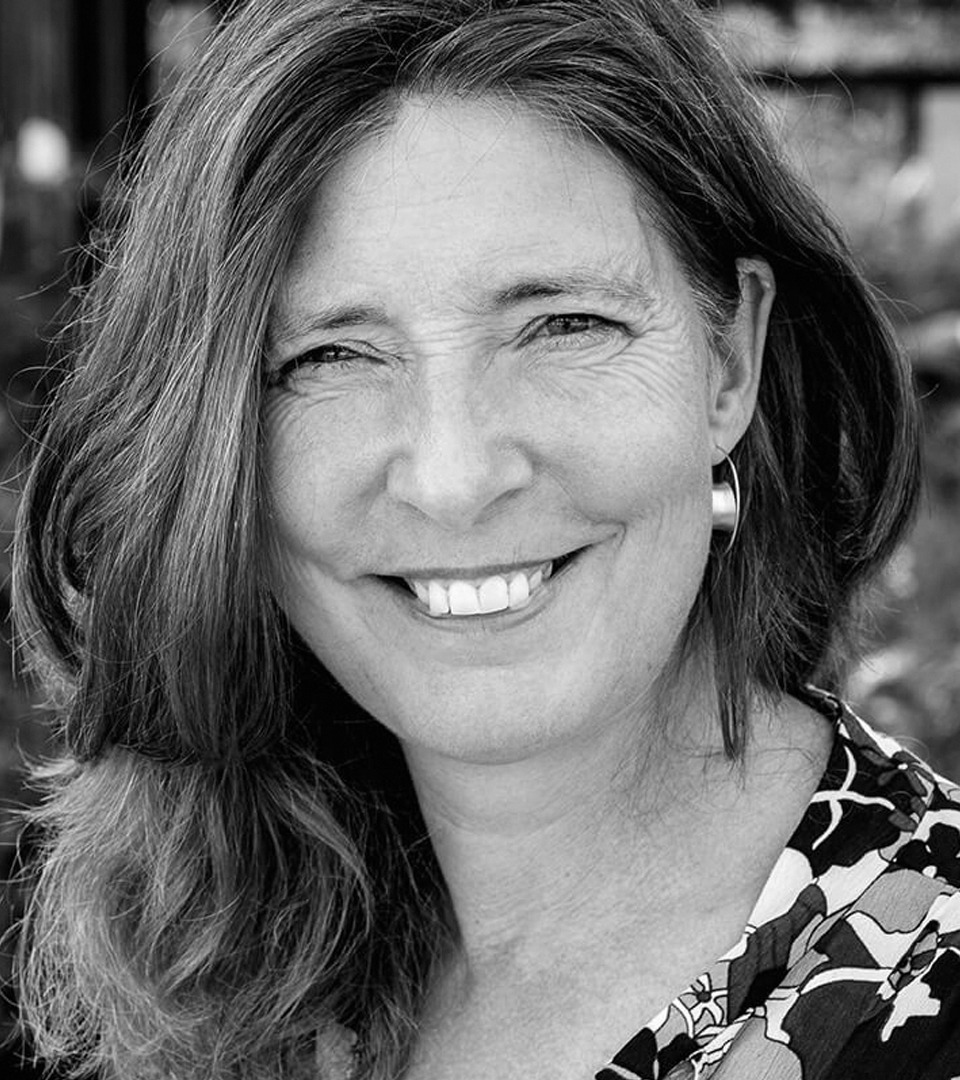
Dagmar Keim is the Program Manager for ‘International Partnerships, Policies, and Projects’ at the Department of Urban Planning and Sustainability. Trained as a landscape architect, she began her career with leading urban planning and landscape architecture firms in California and the Netherlands. About 17 years ago, she transitioned to government agencies, working as a landscape architect and project leader on spatial design challenges at local, provincial, and national levels. For the past two years, she has chaired the Eurodelta Secretariat, hosted by the City of Amsterdam, which is an informal collaboration between cities, regions, and the academic field within the Rhine-Meuse Delta (Eurodelta). Currently, she is the project leader of the ASSET Interreg NEW project, which researches ways to accelerate the circular transition of the built environment in the Eurodelta.
The circular transition requires thinking in systems, not in borders.
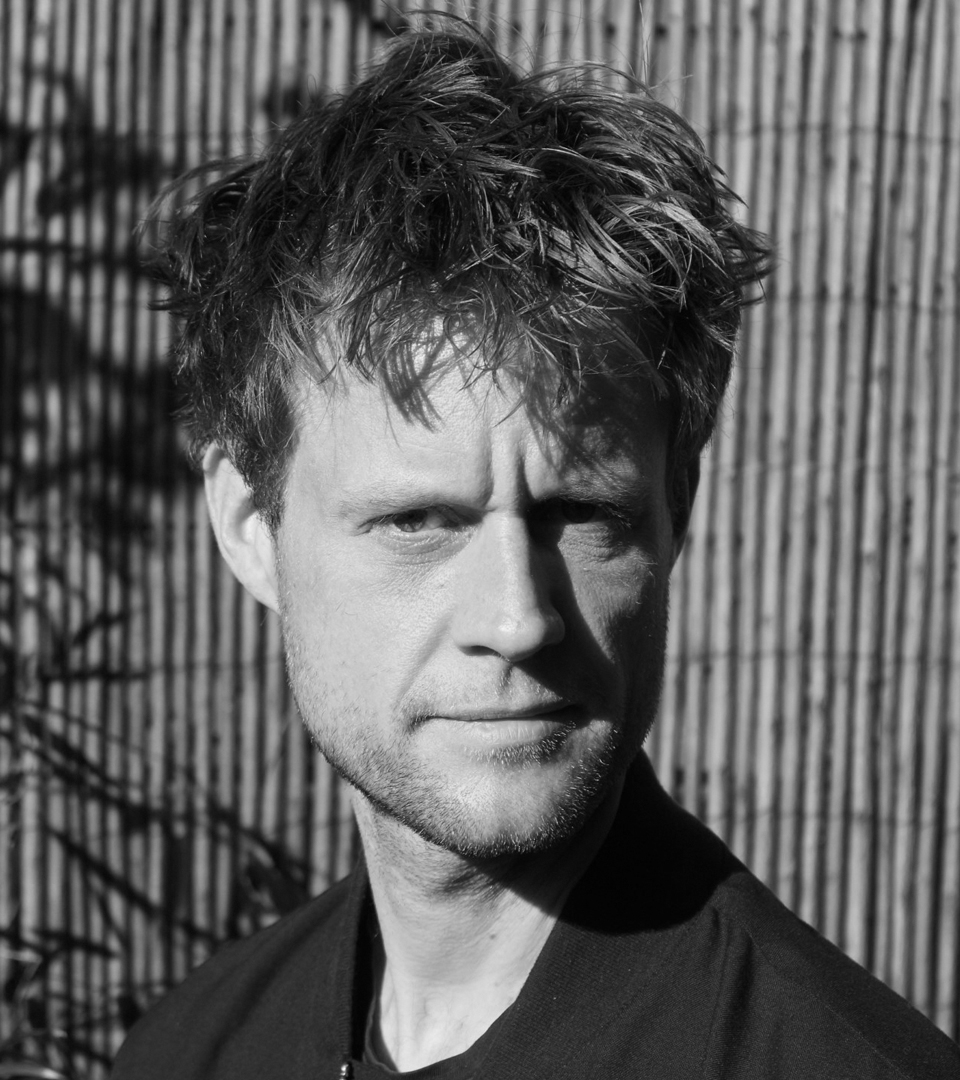
Arthur van der Laaken is an urbanist who unravels material and economic chains and proposes new logics for changing times. Key to his thinking is connecting seemingly separated systems and form them together coherently. He holds a BSc from Design Academy Eindhoven and a MSc in Urbanism from Academie van Bouwkunst in Amsterdam. His thesis investigated the relations between heavy industries and cities in a post-fossil and circular future. He has worked for the government of Aruba (2012), Gemeente Utrecht (2018 and 2021-now), Gemeente Amsterdam (2019-2021) as well as an independent researcher in the field of public space.
In a truly circular economy, we have to redefine and relocate our physical and economic chains. This will inevitably lead us to a radically different organization of our industries, cities and their interrelations.
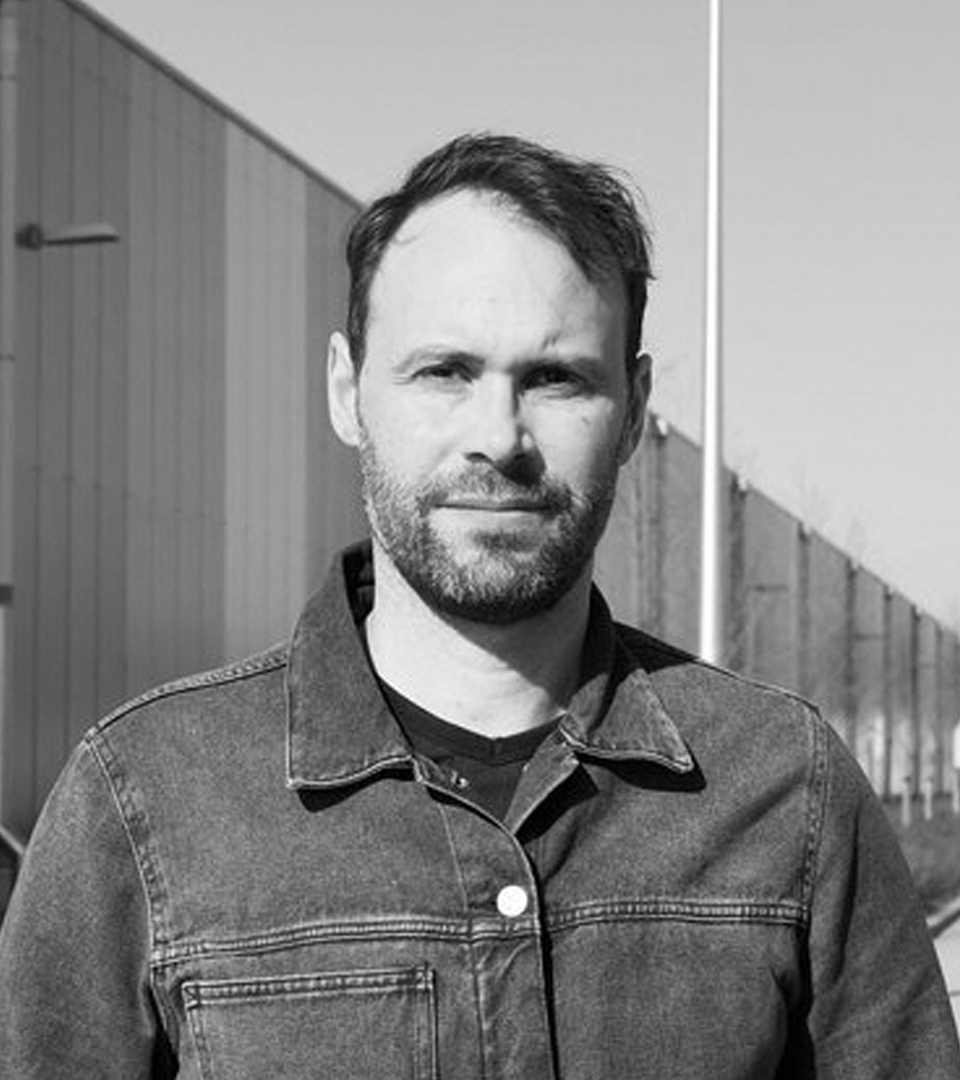
Merten Nefs is a spatial planner and analyst at the Erasmus Centre for Urban, Port and Transport Economics, based in Rotterdam. He was born in 1979 in the Dutch province Zeeland. After graduation in architecture at Delft University of Technology, Merten worked for 5 years as spatial designer and researcher in São Paulo, Brazil. Back in the Netherlands, he worked for 12 years at the Deltametropolis Association, a spatial planning think tank. He frequently teaches at the Master City Developer, Erasmus University, Amsterdam Architecture Academy and other institutes. He recently concluded his PhD research on Landscapes of Trade, places of logistics in the Netherlands that have emerged since the 1980s and face various planning challenges, including their position in the circular economy.
Besides pricing and regulation, we need to improve our understanding of locations and their possible role in production chains to make the circular economy work.
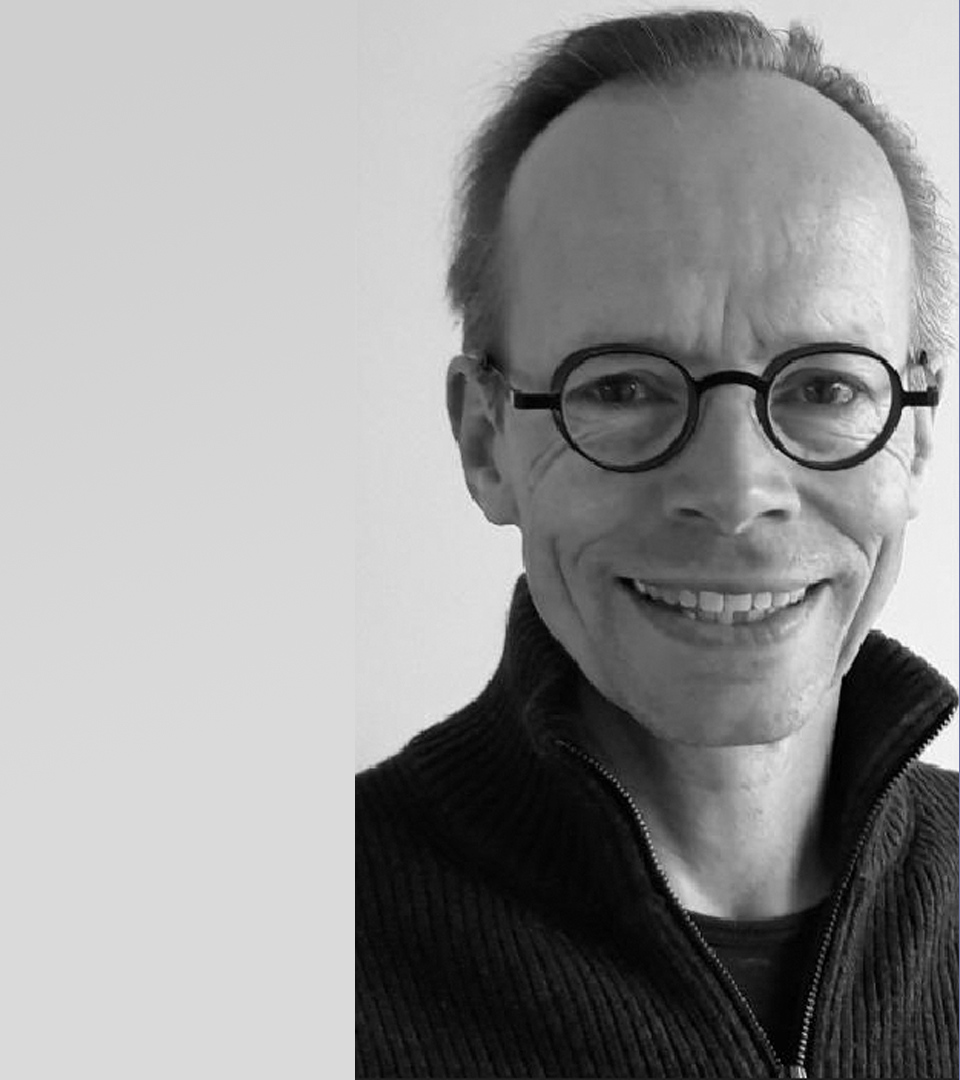
Dr. Peter M.J. Pol is an experienced Strategic Adviser with a demonstrated history of working in urban planning in Europe and in urban academic education and research. Skilled in Urban Economic Development, Governance and Urban Planning. Peter is an expert on large scale urban developments related to sustainability, economics, and mobility. He works for the City of The Hague and cooperates with other large cities in The Netherlands. Peter has a background in urban economics and was involved in numerous international comparative urban studies. He wrote a dissertation on ‘A Renaissance of Stations, Railways and Cities, Economic Effects, Development Strategies and Organisational Issues of European High-Speed-Train Stations’ at the Erasmus University of Rotterdam. Peter is member of the Managing Committee of the Metrex, a network of about fifty European Metropolitan Regions. He works on spatial economic topics in the SURE Eurodelta, a network of metropolitan regions in the Rhine-Meuse-Scheldt delta.
The new National Spatial Strategy should see the Eurodelta as the relevant spatial context and make subsequent spatial choices for the future.
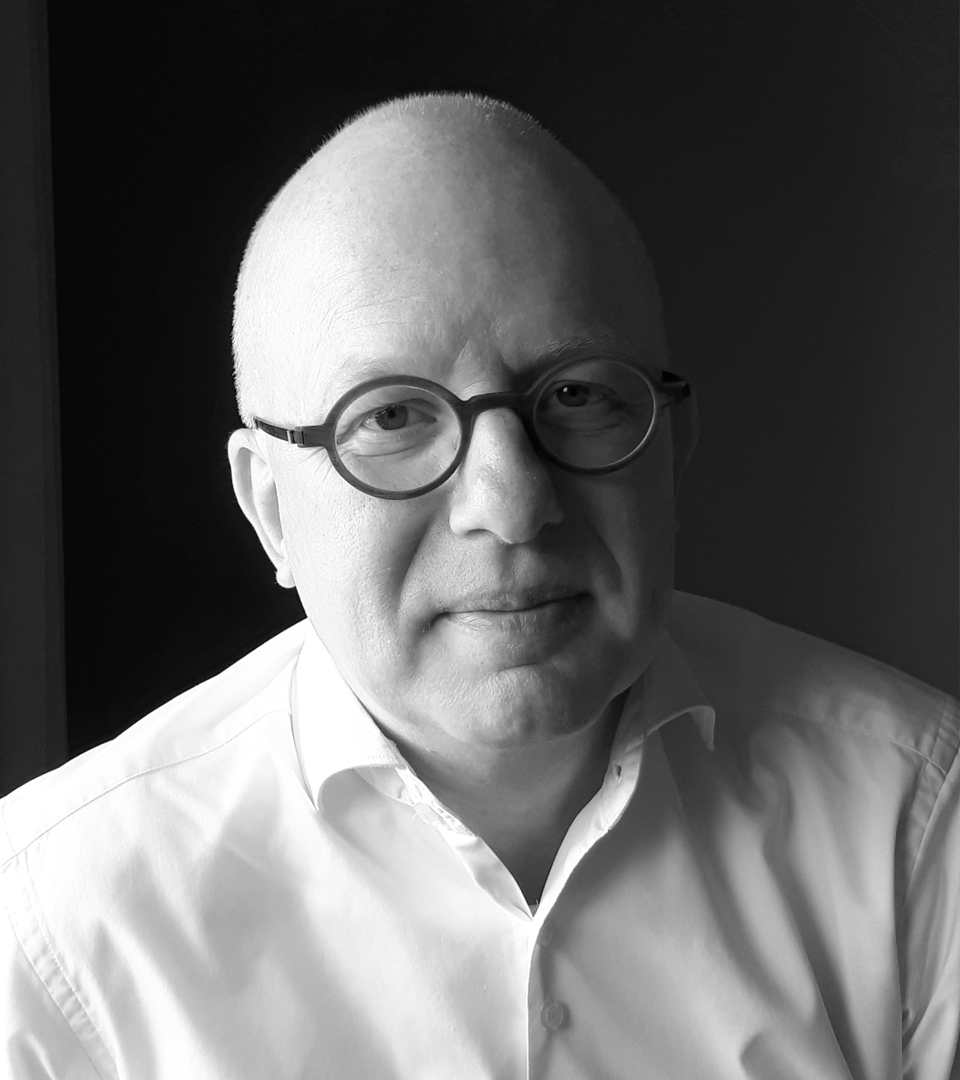
Emile Quanjel has two key-characteristics; he is ‘designer’ and he also “draws outside the colours”. Professional educated at the HTS Heerlen and TU Delft, he has built up extensive experience in complex projects at all scale levels from start to finish, combining integral design, coordination and knowledge management (Architecten aan de Maas, Broek Bakema Architecten, PRO Architecten, own company). Complementary, he develops experience in evidence-based research & design research (Integral Design, PhD Collaborative Design, Professor of Applied Science Process Innovation, NADR, own company). He also has related growing experience on educational innovation and new environments for skills development (Avans Hogeschool, BIM5, Fit4Ever, SPARK Campus, own company). His active passion is painting, drawing inspiration from improvised music, poetry, art & people.
We can only design and realise a sustainable, circular and adaptive living environment for/with people, if we complementary also design and realise a sustainable learning environment for/with them.
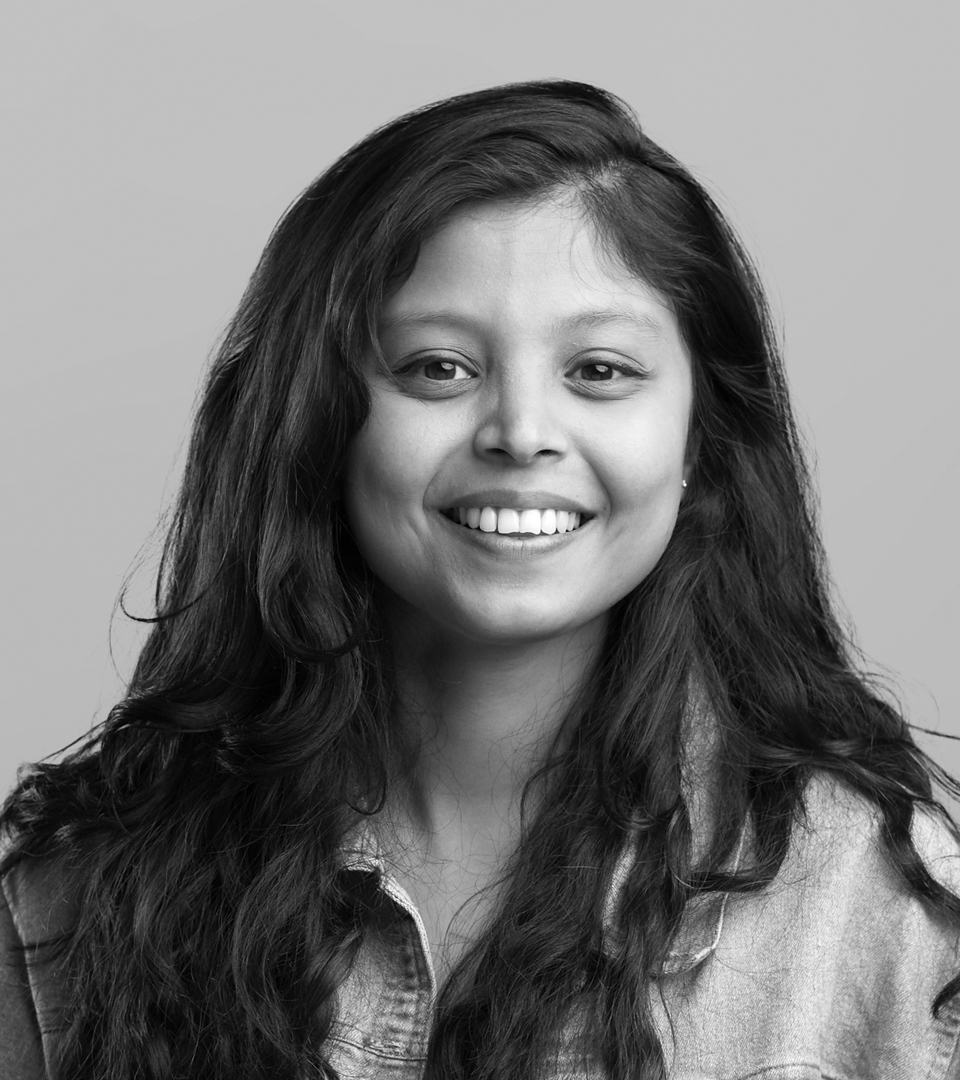
Preksha Rautela is a spatial designer interested in exploring the implications of transitions on space. Her architectural background and experience in social initiatives led her to develop sensitivity towards the issues existing in our cities. Her understanding evolved further during her master's in Urbanism at TU Delft, where she learned about top-down regional planning and visioning, broadening my perspective on strategic design. Her professional experiences in India and the Netherlands have equipped her with diverse design approaches and the ability to navigate different contexts. She is driven by the goal of exploring and shaping a better future for our cities. Preksha’s graduation project focused on the spatial exploration of creating a circular supply chain for neodymium magnets, responding to the Critical Raw Materials Act. Through this project, she envisioned potential futures influenced by economic factors, societal values, and varying supply chains for the Netherlands.
The race to meet climate deadlines might lead to economic and spatial lock ins at unsuitable locations potentially leading to a crisis in the future.
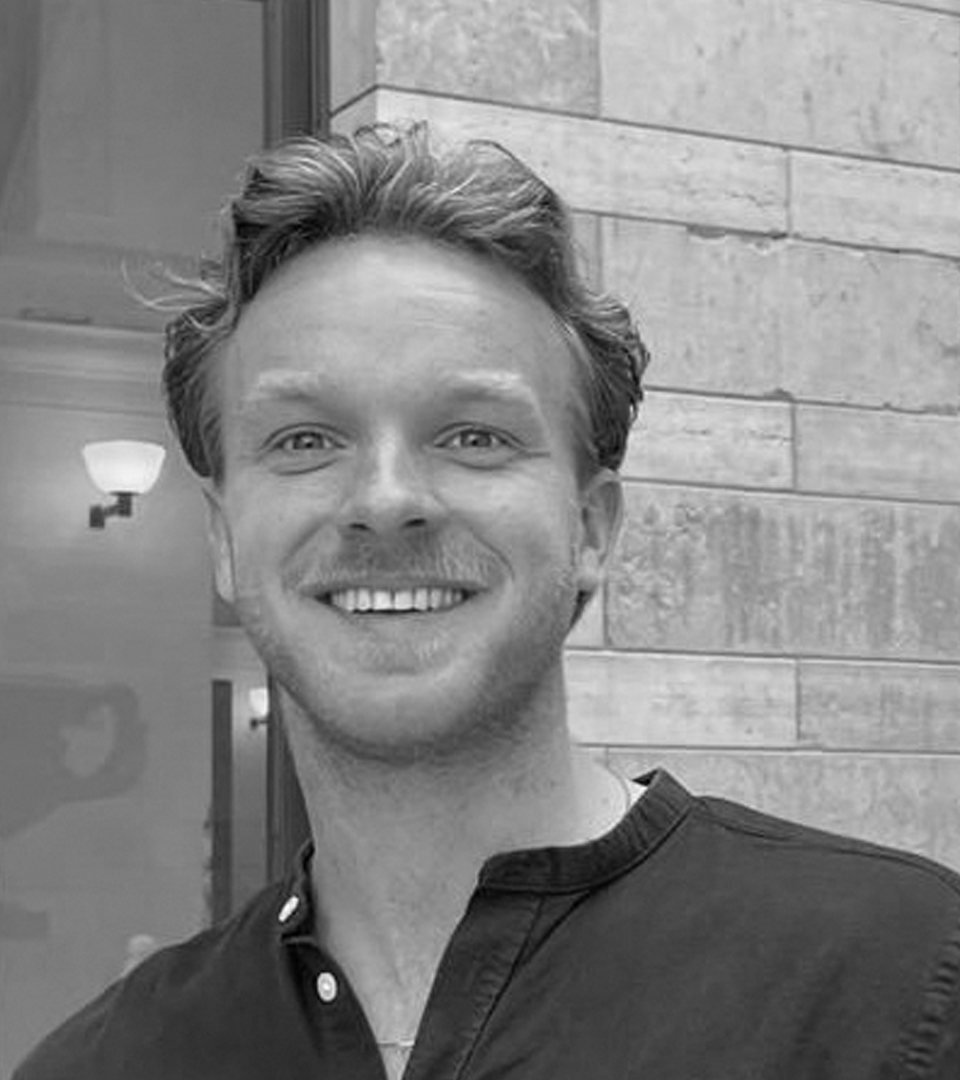
Frank Vahstal recently graduated from the master's program in Building Technology and is currently employed as a plan developer at Smits Vastgoedzorg, a Rotterdam-based construction company specializing in social housing renovations. During his student life, starting at Hogeschool van Amsterdam followed by a master's at Delft Technical University, he has, among other activities, participated in an internship at a large architecture firm in Amsterdam, been a member of Team SUM, a team of students that participated in the Solar Decathlon, and studied a semester abroad at KTH in Stockholm. His thesis, titled '100 000 Biobased Top-ups: Quickest Route to Paris Proof Housing,' explored the feasibility of constructing 100 000 top-ups using locally sourced biobased materials in the Netherlands. The aim was to assess their potential in reducing embodied emissions to align with Paris Agreement goals. Proposed transitions in agriculture and construction sectors suggest that the supply could, by the year 2030, be significantly scaled up. This is necessary because it was found that a biobased top-up is able to seriously limit embodied emissions.
Constructing 100 000 biobased top-ups by the year 2030 is the quickest route to Paris-Proof housing.
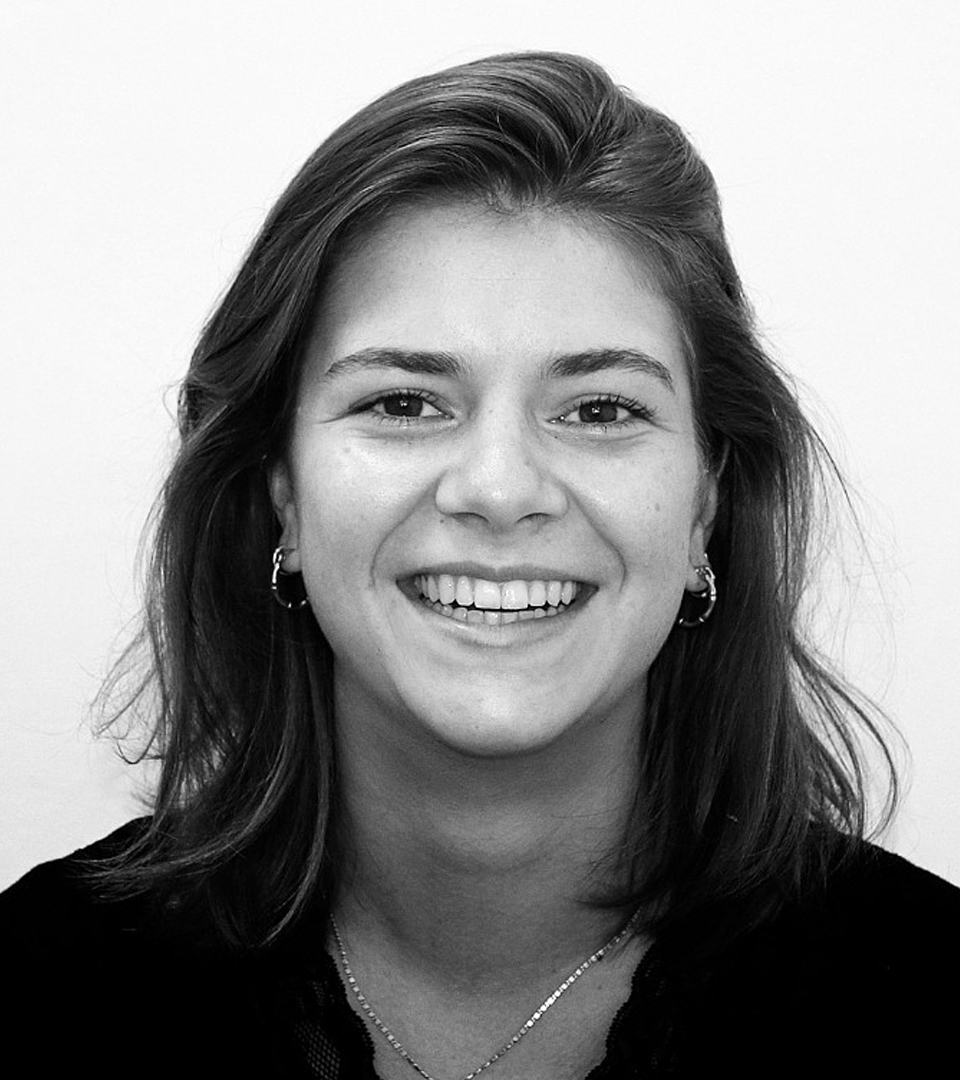
Roos te Velde: "I would describe myself as a spatial researcher, seeing the strength of the combination of design and research. Concerned about the future of this planet, I am motivated to work on a better world for the generations after us. I am always curiously looking for the dynamic between people, places and the values and systems that connect those. I live in Rotterdam, studied architecture and urbanism in Delft and Gent, and worked at an urbanism association (EFL Stichting) that organises an Open Call called “Designing for a Climate Just World”. In my graduation project, I envisioned alternative futures for the Zwolle region, where the urban system is currently experiencing a disconnection between our way of life and the territory we inhabit."
By territorialising scenarios, we can create more meaningful transitions and bridge the gap between research and society.